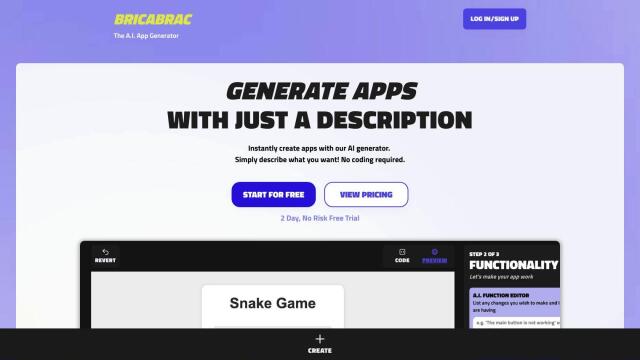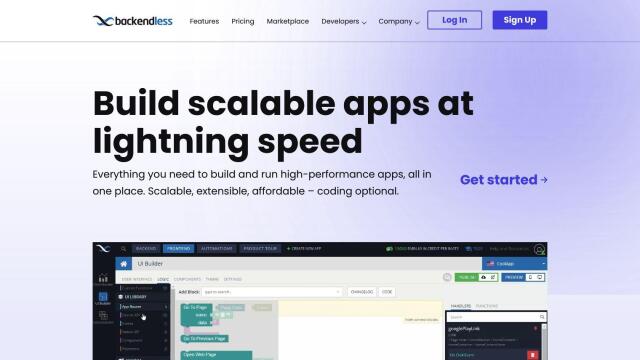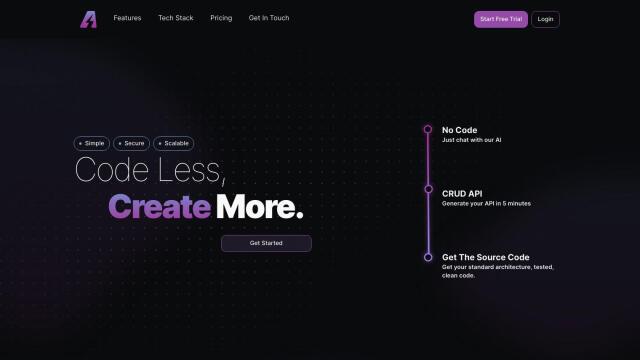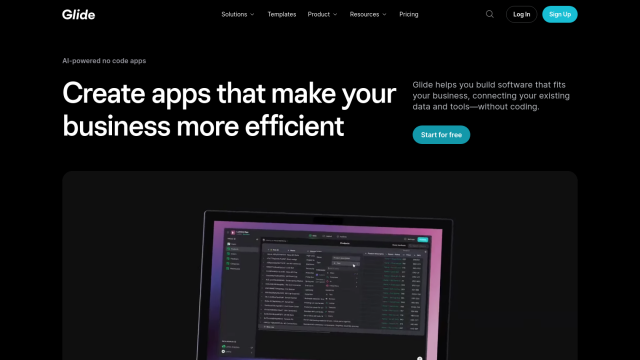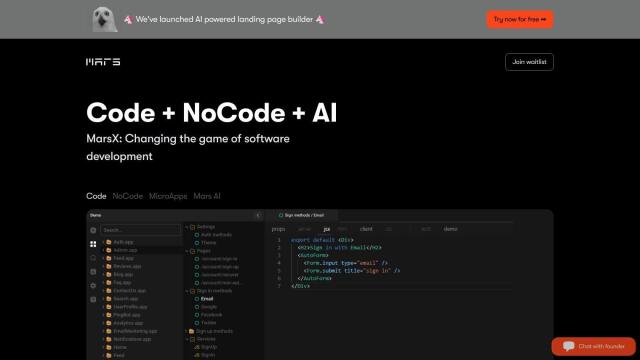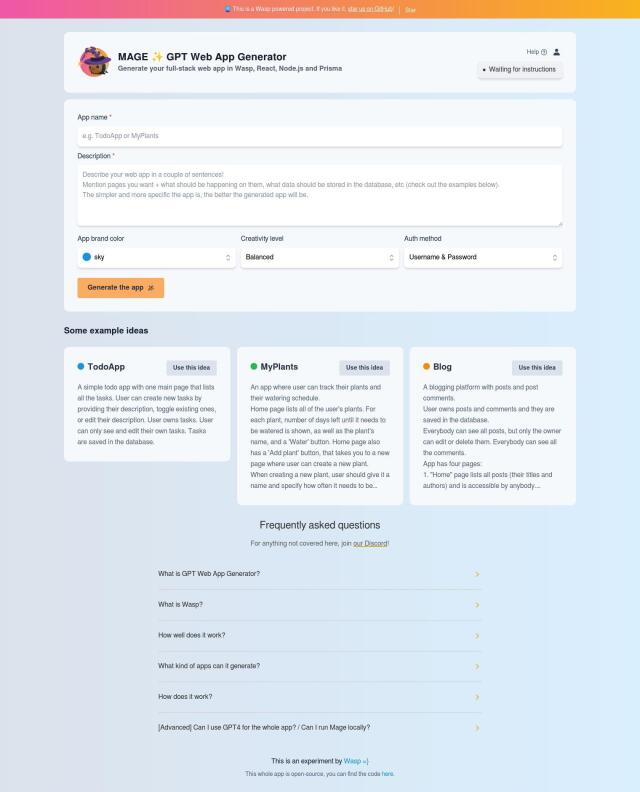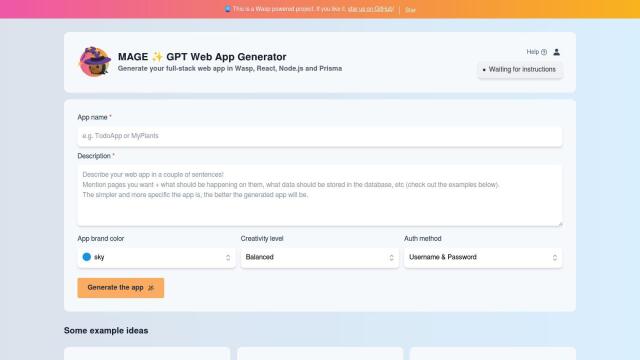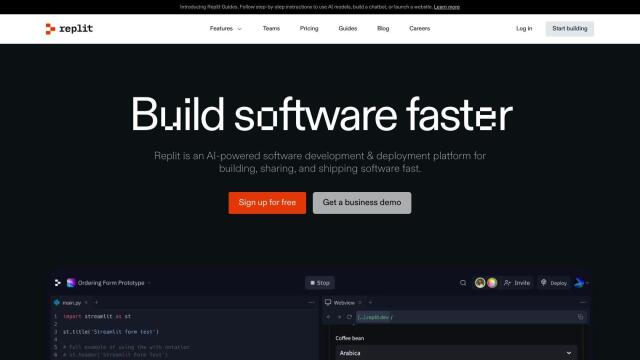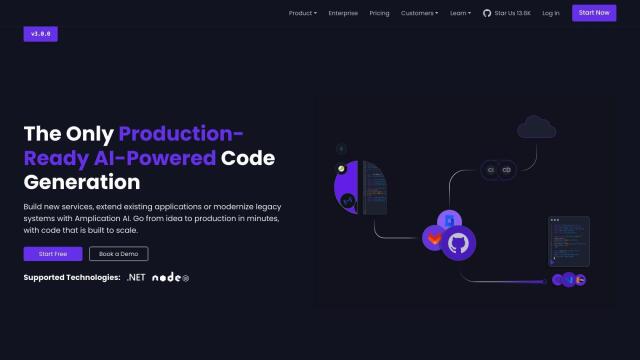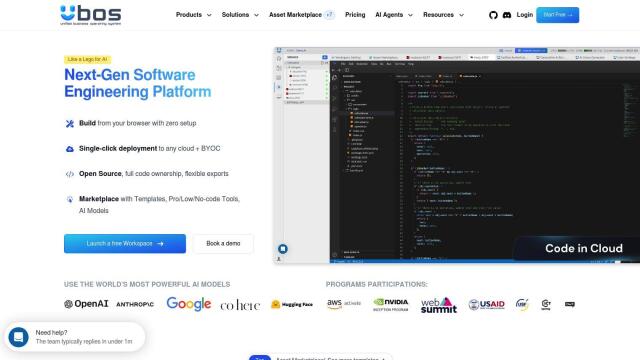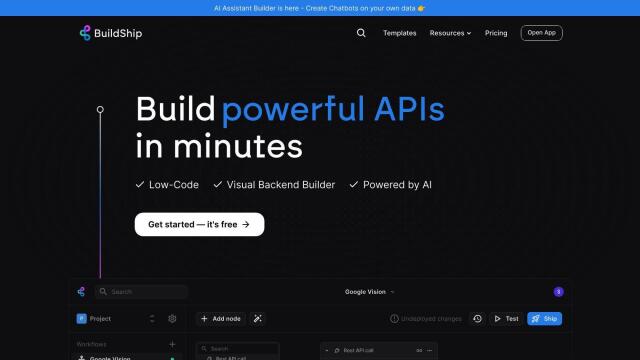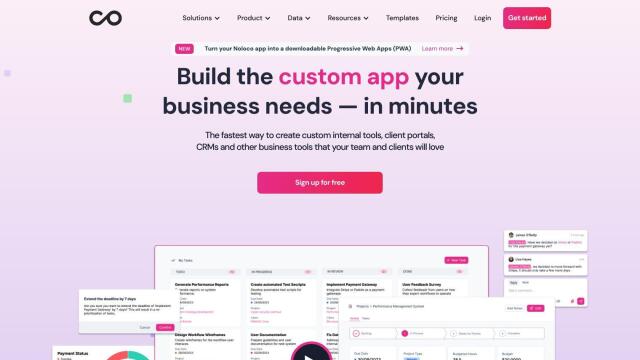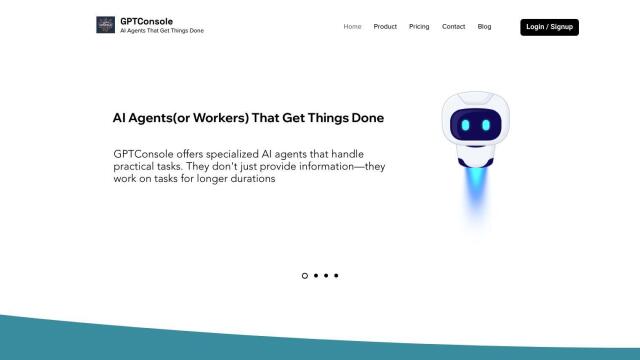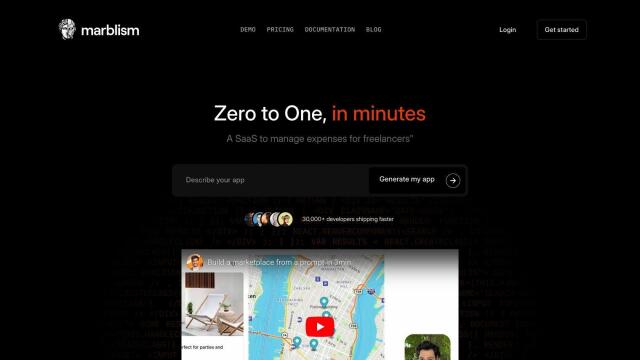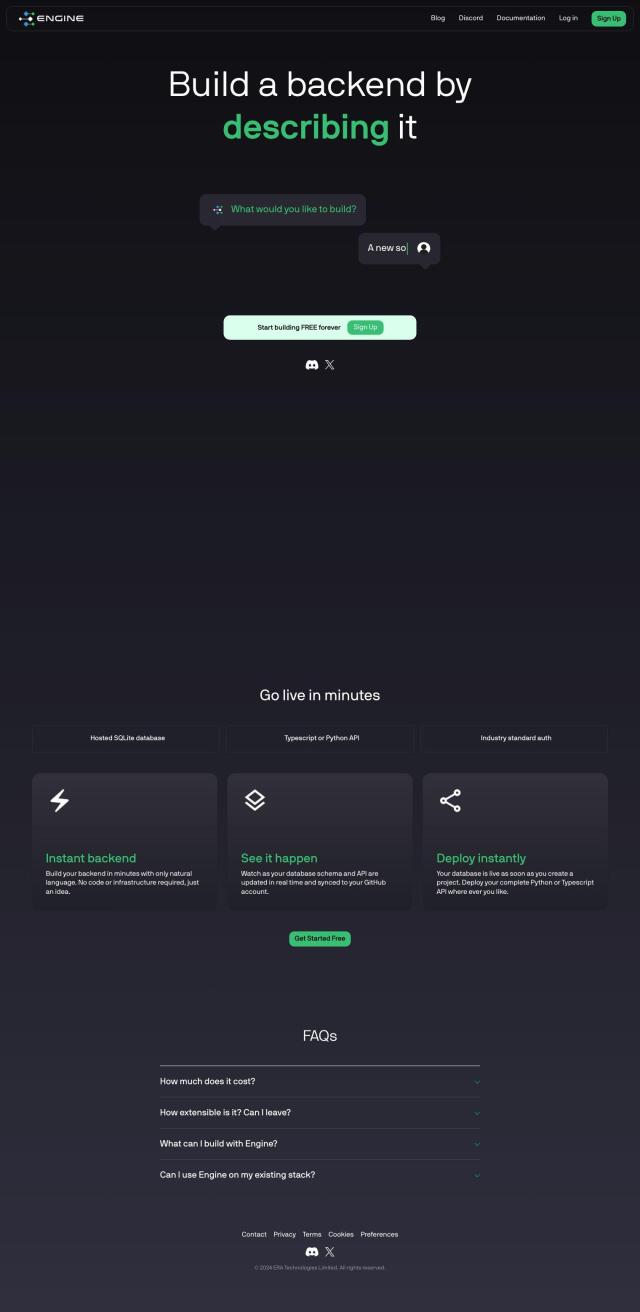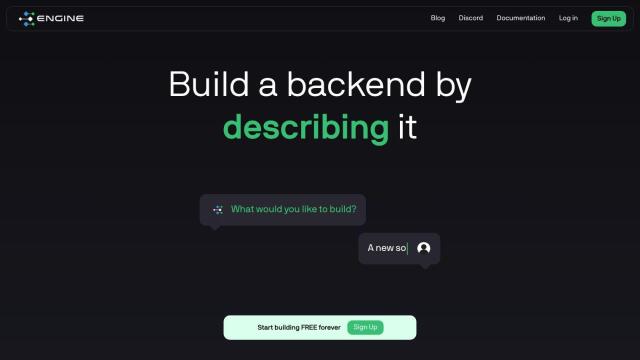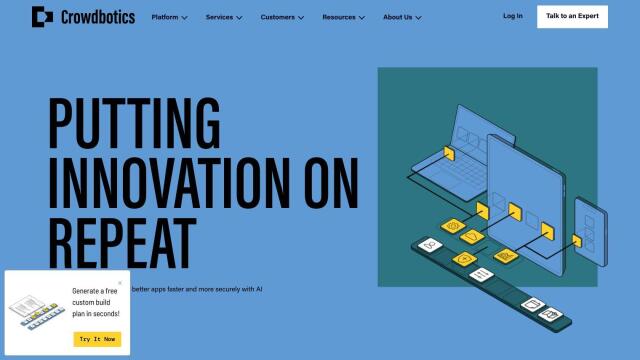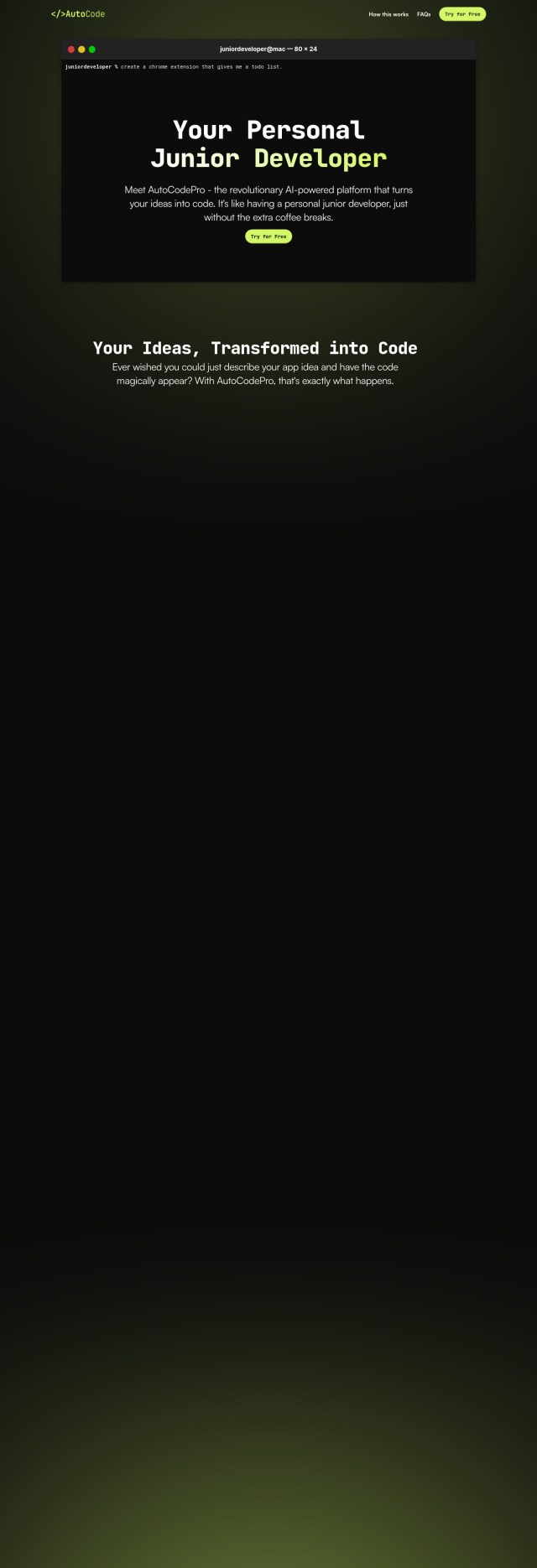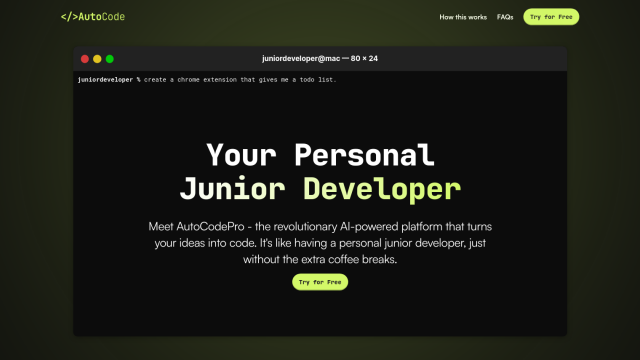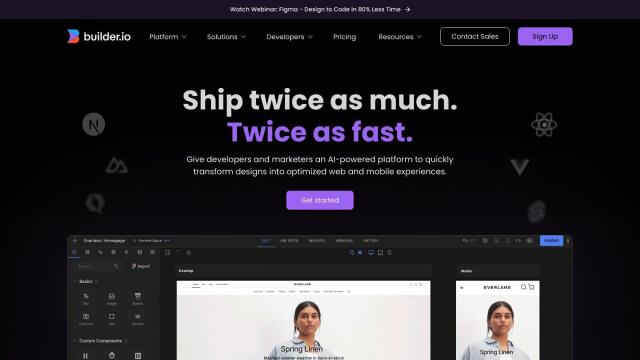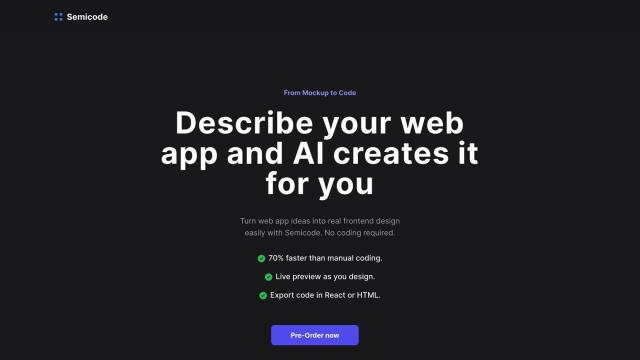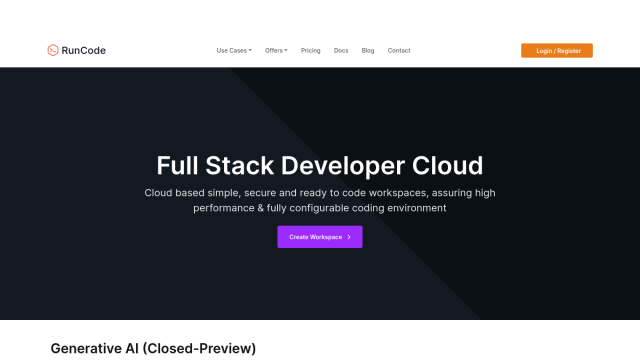Question: Can you recommend a tool that generates full-stack web applications with minimal coding required?
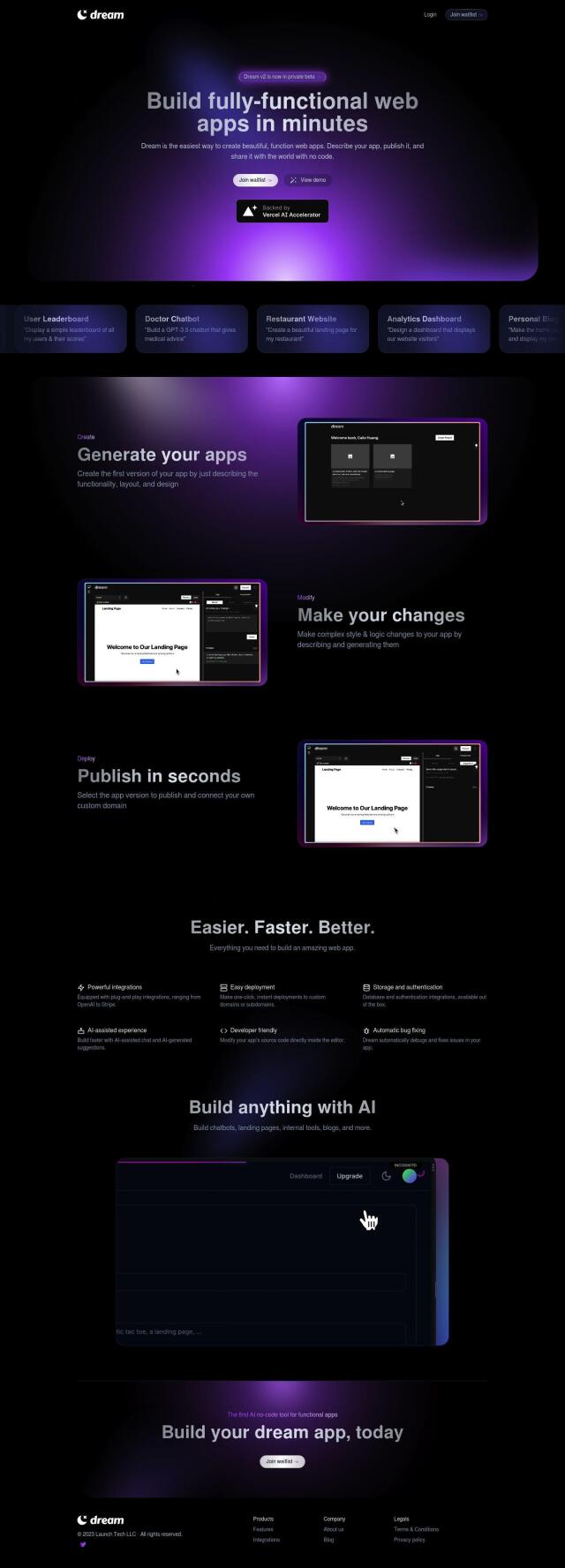
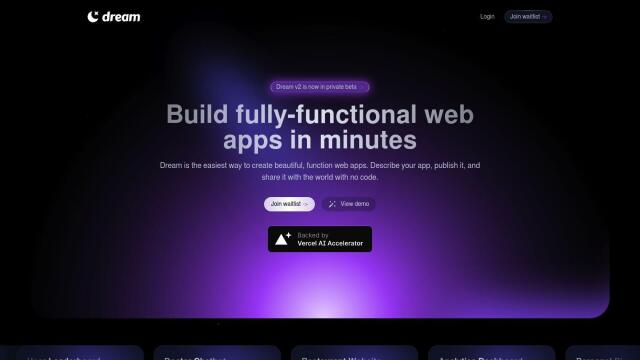
Dream
If you want a tool that creates full-stack web apps with as little code as possible, Dream is a top contender. It's an AI-powered no-code platform that lets you create and deploy web apps with no code at all. With features like AI-augmented experience, integrations with services like OpenAI and Stripe, and one-click deployment to custom domains or subdomains, Dream is a good choice for building a wide range of web apps, including chatbots, landing pages and more.

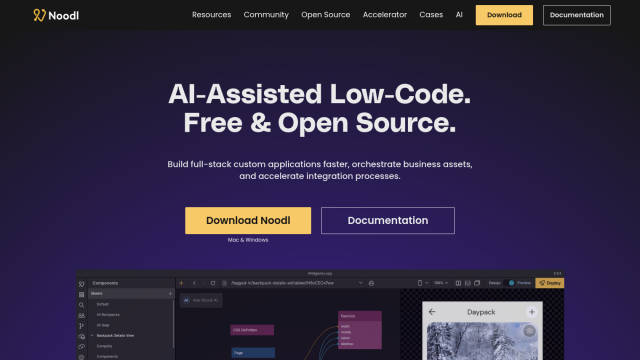
Noodl
Another contender is Noodl, an open-source AI-augmented low-code platform that combines visual development and customization. It has features like real-time data flows, built-in backend and user management, and cloud functions for business logic. Noodl's AI generates building blocks, database queries and UI elements, so you can create full-stack custom apps with a lot less coding.

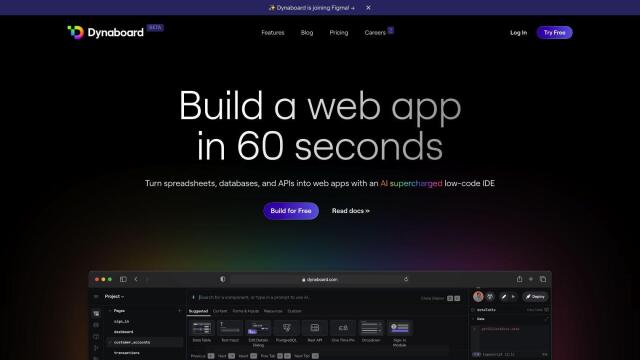
Dynaboard
For collaborative full-stack web app creation, Dynaboard is a low-code IDE with a drag-and-drop builder and generative AI. It has query APIs, real-time collaboration and one-click deployment, so it's a fast and production-ready way to build web apps. Dynaboard also has security features like OIDC compliant provider integration and customizable pricing, which can be useful depending on how many external end-users and support personnel you have.
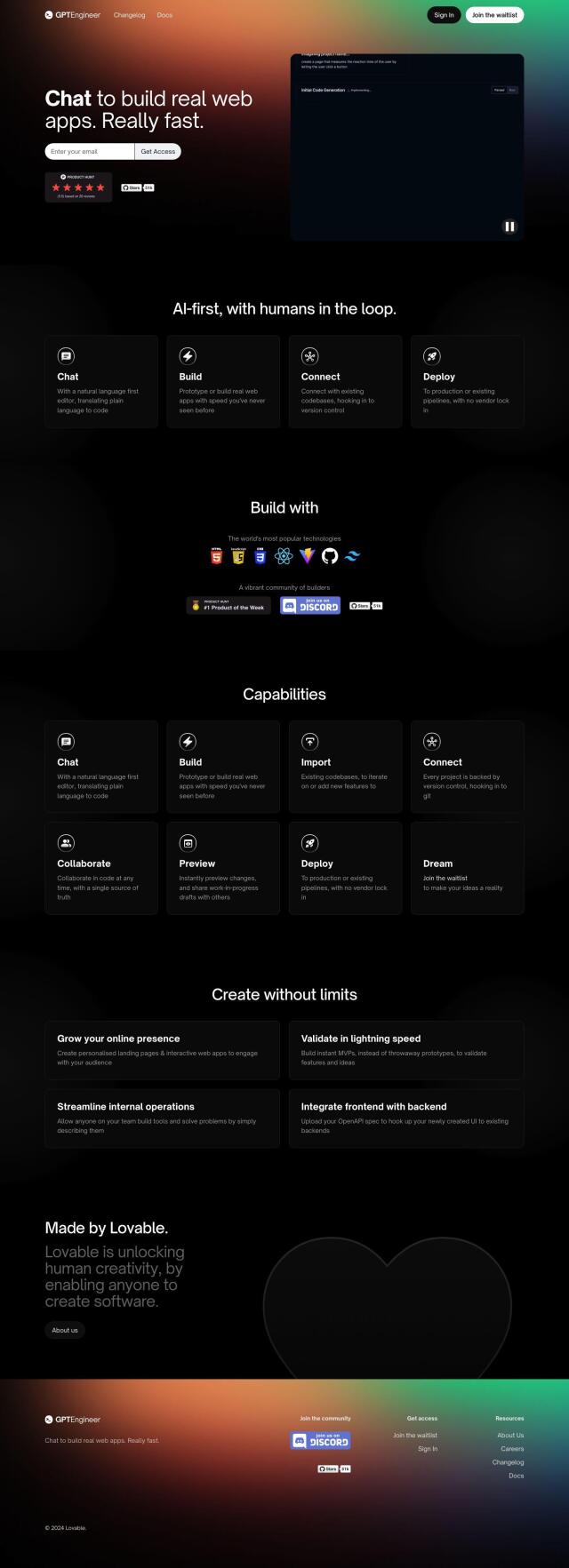
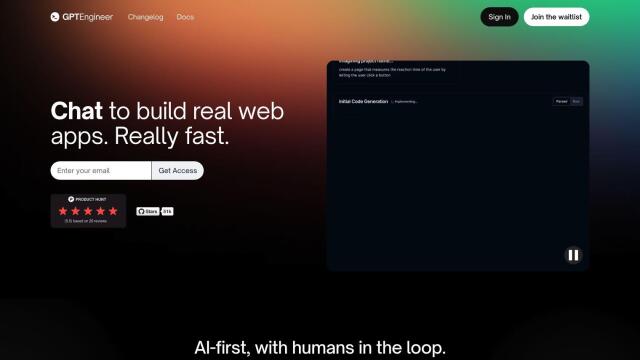
GPT Engineer
Last, GPT Engineer uses natural language and AI to accelerate development, turning plain language into code. It has interactive prototyping and deployment, which makes it good for creating custom landing pages, MVPs and automating internal processes. With Git integration for real-time collaboration and previewing changes, GPT Engineer is designed to democratize software creation by letting people build tools and solve problems with human oversight.

